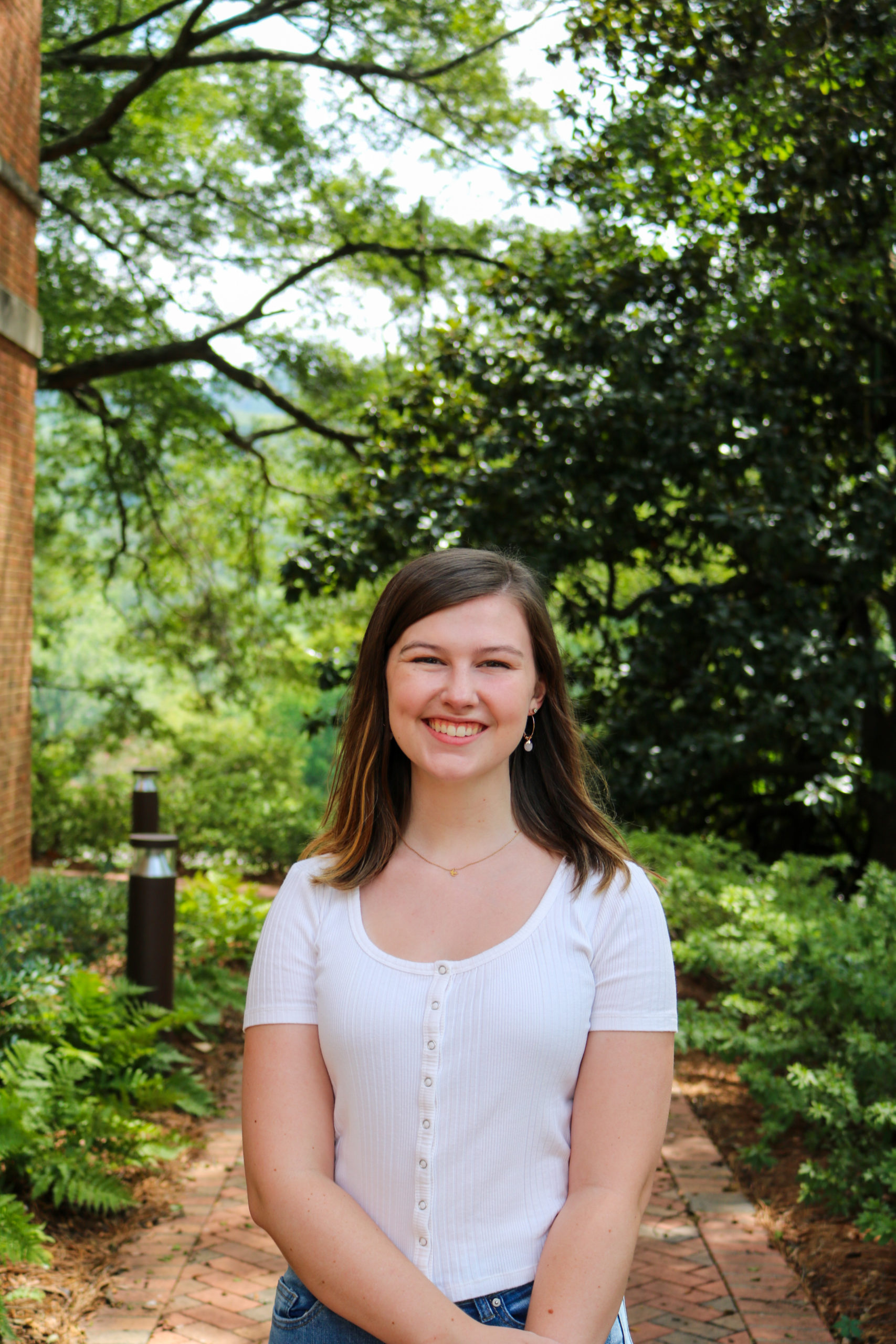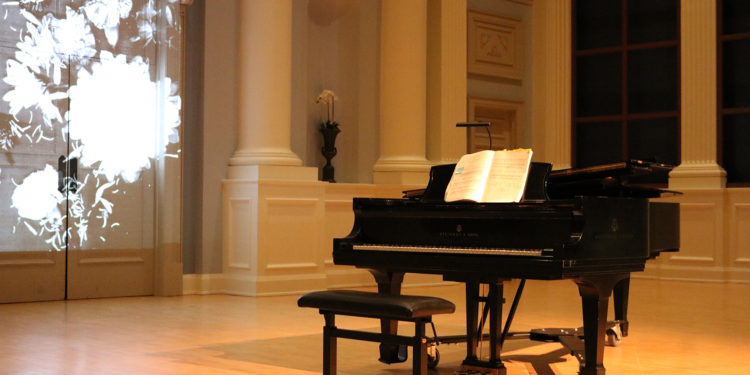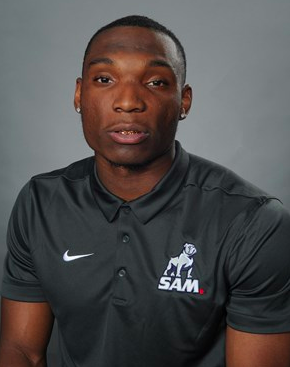No one said a word as Zac Wang sat at the piano; the instrument spoke for itself. On Saturday, Feb. 4, Wang, a student in the process of completing his master’s in music, specializing in piano performance and pedagogy, performed at the Brock Recital Hall for his family, friends and professors. This award-winning pianist brought pieces from Bach, Chopin and Ravel into a new light.
According to the brochure provided at the recital, Wang received his Bachelor of Music in piano performance from the University of Melbourne in Melbourne, Australia. He has won numerous awards for his talent at the piano, and was awarded the Licentiate Diploma in Music with the Australian Music Examinations Board. Jason Terry, Wang’s primary instructor, said that Wang has been invited to serve as a teaching assistant at the Interlochen Center for the Arts after graduation. He was one of only six applicants that were accepted to work at this world-renowned art camp. Alongside his training at Melbourne and Samford, these opportunities have given Wang continuous growth and learning.
Artists will spend their entire lives growing and practicing their techniques while also acquiring new ones. Each piece the students prepare for these recitals need to be practiced, on average, more than two hundred hours, according to Wang’s professor. Constant practice, especially with different genres, is vital for an artist’s growth.
“There’s always another piece to learn, another recital to give and another 9-year-old somewhere in the world who can do everything better than you,” Terry said, “Finding one’s ‘sound’ is very hard in life, especially in the arts, where it can seem like everyone is better than me. No, it’s not that. It’s that we must find the intersection of our passions and our gifts, then go down that unique path.”
This seems to be a focus in Samford’s music degrees. Students, such as Zac Wang, are given the opportunity to find their passion, while being taught how to use these gifts in the world around them. Just like any other career path, musicians are continuously growing and improving, no matter how advanced their skills may be. Samford encourages music students to find out what truly makes them excited in music and find their “sound” there.
Watching Wang play, one can see how excited he is about the piano. His practice and growth are being demonstrated through his fervor. Though the melodies he played were not new, his energy and stage presence brought passion to the pieces. In turn, this evoked emotions in the audience that may not be felt by listening alone.

Arts & Life Editor






